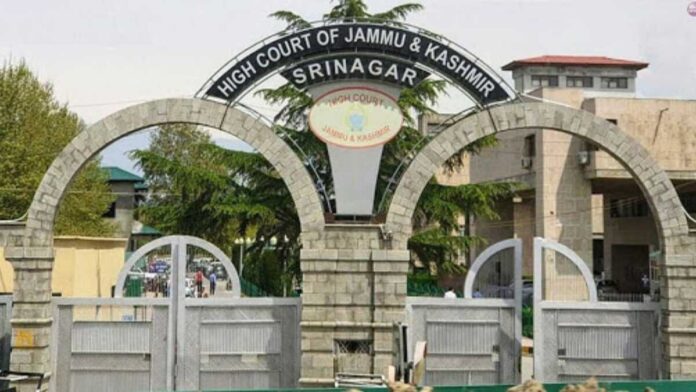In a significant ruling, the Jammu & Kashmir High Court has emphasized that breaches of injunction orders should be addressed through the provisions of Order 39 Rule 2-A of the Code of Civil Procedure (CPC), rather than by registering FIRs. Justice Javed Iqbal Wani delivered this judgment while quashing an FIR and a lower court
To Read More Please Subscribe to VIP Membership for Unlimited Access to All the Articles, Download Available Copies of Judgments/Order, Acess to Central/State Bare Acts, Advertisement Free Content, Access to More than 4000 Legal Drafts( Readymade Editable Formats of Suits, Petitions, Writs, Legal Notices, Divorce Petitions, 138 Notices, Bail Applications etc.) in Hindi and English.




